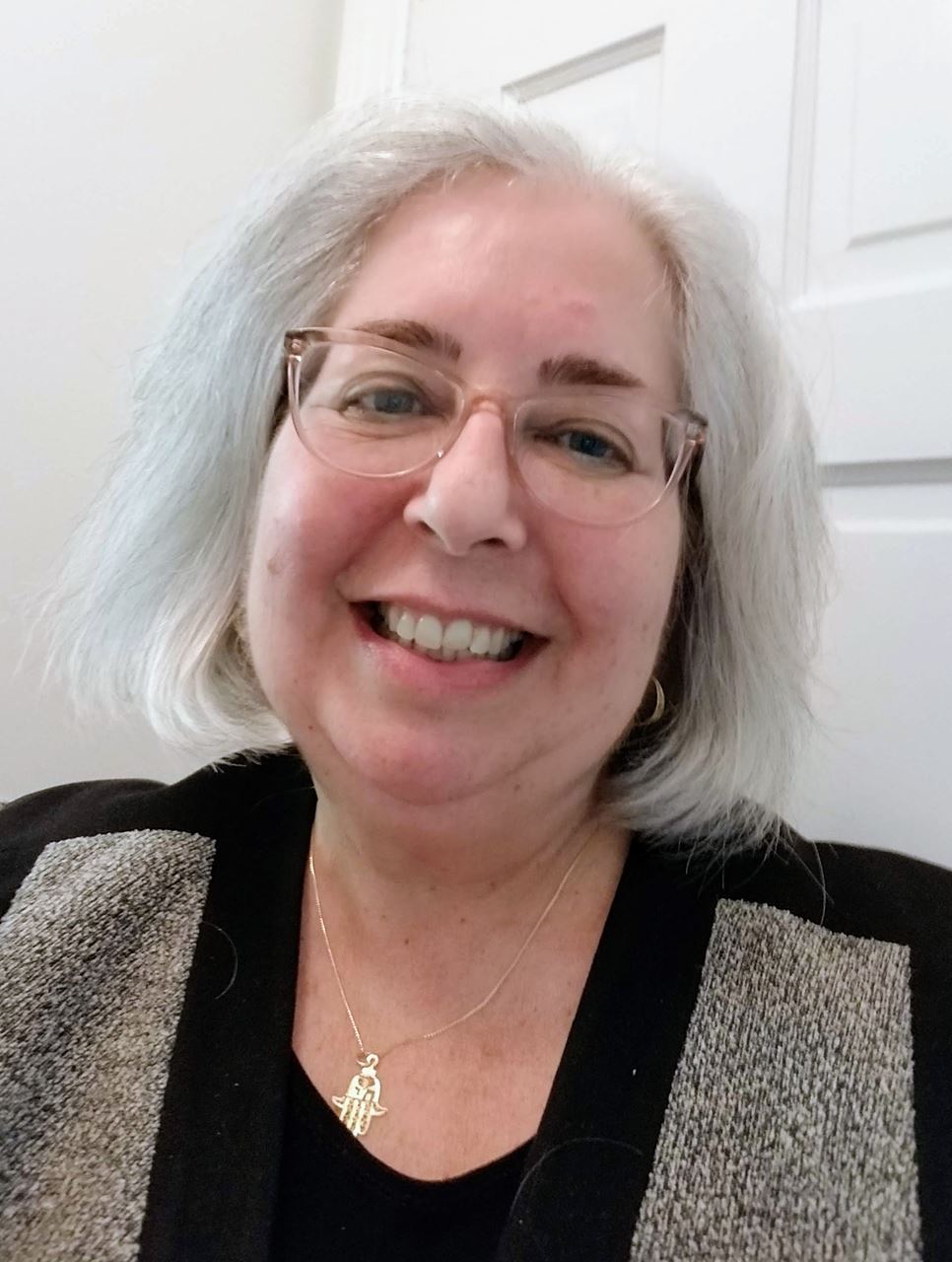I need to take a break from my caregiving responsibilities. Could respite care be an option?

Jill Kagan, program director at the ARCH National Respite Network and Resource Center in Durham, North Carolina
JILL KAGAN: Respite care is planned or emergency care that’s provided to a child or adult with special health needs. While respite care is more commonly offered to those with disabilities or older adults, it may also be offered to those with cancer. The goal is to offer temporary relief to family members who are caring for that individual. The nature of the care will depend on your needs at that point in your caregiving experience. Maybe you need relief for three hours one week and a week the following month. The key is respite care is meant to be temporary and not a long-term care arrangement or placement.
Respite care offers enormous benefits for you as a primary caregiver. Evidence shows respite can significantly reduce stress levels among caregivers, improving overall quality of life. Respite care also can reduce social isolation for the caregiver, which is important because social isolation can negatively affect mental and physical health.
Unfortunately, identifying respite care services can be challenging. Respite may be offered by faith communities, professional organizations and community groups. Your options will depend heavily on where you live and your ability to pay. Private health insurance generally doesn’t cover respite care. Medicare may offer coverage for respite care if your loved one is a hospice patient or has a Medicare Advantage plan, and Medicaid may provide funding for respite care. If your loved one has long-term care insurance, it may offer some coverage too. Look for any other programs your loved one may qualify for.
To help you find care, most states have an aging and disability resource center or a “No Wrong Door” system, which streamlines the process of securing care across multiple organizations. If you can identify a hotline or web portal in your state, someone should be able to direct you to respite resources in your area. Many states also have Lifespan Respite Care programs or state respite coalitions that provide respite services and/or information. The American Cancer Society also has a number to call (800-227-2345) to help find local services. If you’re part of a support group, ask around for recommendations. Word of mouth is a powerful way to identify respite care opportunities, including those that may be more informal, such as a friend, neighbor or community member with whom you could make arrangements and pay directly.
The answer to whether respite care could be an option for you should always be yes. The earlier you use respite care in your caregiving, the more benefits you’ll accrue. Most people wait until they’re in a crisis to seek help, but I would encourage any caregiver to seek assistance as soon as possible before there’s an emergency. While services and resources may be limited or challenging to locate, there are many ways to find support and respite if you are creative about it.
FINDING RESPITE // Families & Communities Rising explains respite care and offers tools to locate services. // The American Cancer Society offers tips for caregivers on how to ask others in your life for help.
Cancer Today magazine is free to cancer patients, survivors and caregivers who live in the U.S. Subscribe here to receive four issues per year.





